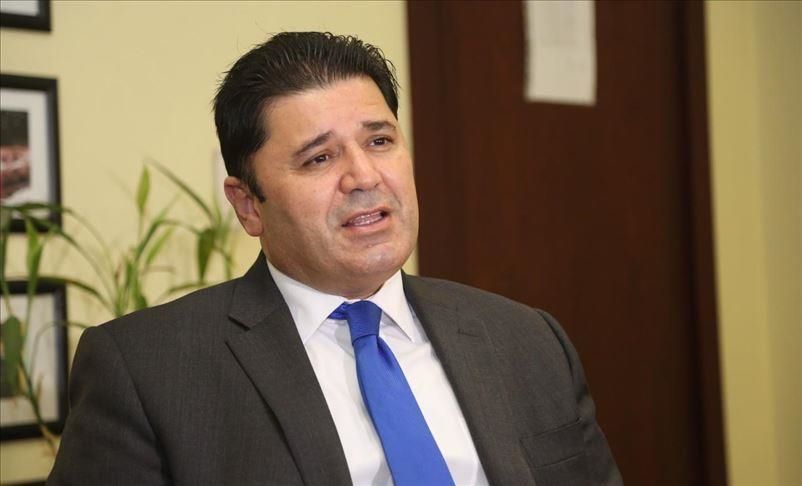The KRG advances inclusivity, promotes peacebuilding, and enacts measures to protect minorities while combating human trafficking across regions
The Ninth Cabinet of the Kurdistan Regional Government (KRG) has been working to create a more inclusive society, addressing all forms of discrimination across various sectors.
The ongoing peace-building efforts among the components of Kurdistan are a key characteristic of both Kurdish society and the KRG’s approach. The Ninth Cabinet has been focused on promoting harmony and preventing any forms of discrimination based on ethnicity, religion, or race, while also continuously working to support the unity of its diverse communities.
Dr. Dindar Zebari, the Coordinator of International Recommendations in the Kurdistan Regional Government, told The Kurdish Globe that the Ninth Cabinet has been committed to establishing a more cohesive society and has taken several steps toward achieving this goal in the last four years. Between 2019 and 2023, the Kurdistan Parliament passed 35 laws, including the introduction of 7 new laws, with 8 major initiatives focused on protecting religious and ethnic diversity within the region. These efforts align with the KRG’s five-year plan to promote and protect human rights.
Under the KRG’s governance, the rights of religious and ethnic minorities in Kurdistan are being safeguarded. The Coordinator stated that, in addition to safeguarding the rights of religious and ethnic components, efforts have been made to offer specialized education in languages such as Turkish and Syriac. By September 2023, 2,565 students were enrolled in 18 Turkish-language schools, while 1,708 students attended 24 Syriac-language schools. Furthermore, the KRG has issued special guidance to help prevent extremism and has called for continued peace-building efforts among the various communities in the region. As part of these efforts, 1,800 speeches have been delivered, and support has been provided to 321 religious clerics promoting peace and reconciliation among diverse groups.
In a detailed statement, the Coordinator said: “The number of individuals registered with the Ministry of Labor and Social Affairs, including those with special needs, is 78,335. Of these, 5,617 are employed in the public sector, and over 13,249 work in the private sector. To protect vulnerable women, 5 shelters have been established, currently housing 91 women, including 21 foreigners.”
Regarding women in senior positions, the Ninth Cabinet of the KRG has appointed women to several high-ranking roles, including the Speaker of Parliament, three ministers, 72 female judges, 65 public prosecutors, over 200 female judicial assistants, and 500 female legal advisers. In addition, the Kurdistan Journalists Syndicate has over 1,600 journalists, 57 media owners, and 74 female journalists under its umbrella.
In closing, the Coordinator stated that in order to combat human trafficking, specialized teams have visited 196 companies, with 13 companies referred to court. Additionally, 62 individuals have been arrested on charges related to human trafficking, while 8 individuals have been convicted. A total of 90 investigation files related to human trafficking have been consolidated from 190 cases.
The Kurdish Globe

